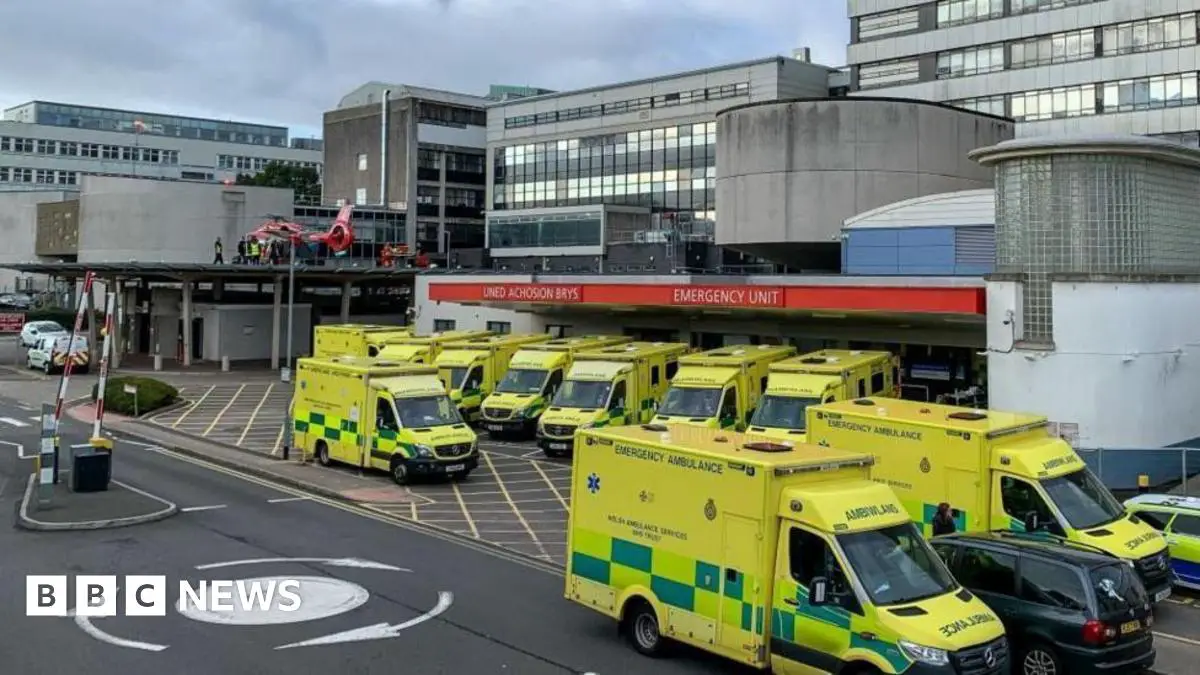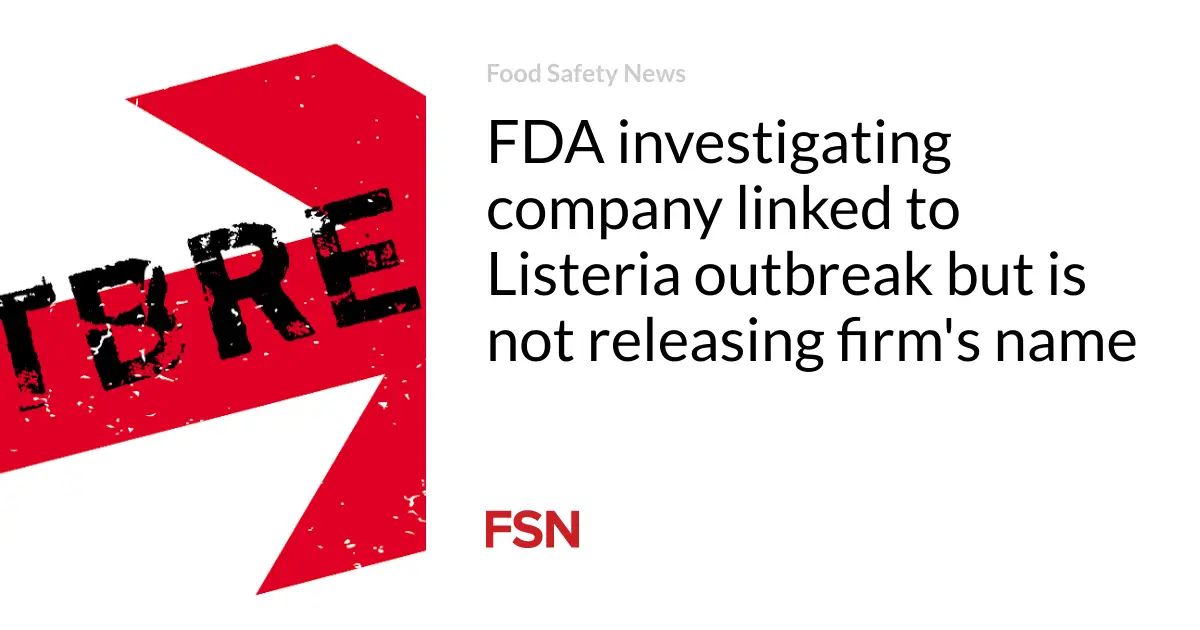
On Monday, the Welsh Ambulance Service described the situation as “very rare”.
Speaking to BBC Radio Wales Breakfast, Mr Killens explained that declaring a critical incident “signals the the rest of the NHS that we’ve got a problem, we are under extreme pressure and we need help”.
South Wales Fire and Rescue Service said it would support the ambulance service, urging people to call 999 “for serious emergencies and where life is at risk”.
“With the pressure on the NHS and the yellow weather warning for Wales over the coming days, we expect demand for emergency services to be high,” said Christian Hadfield, assistant chief fire officer.
Health boards in Wales have reiterated the ambulance service’s message only to call 999 or go to hospital with life-threatening symptoms or in an emergency.
A spokesperson for Cwm Taf Morgannwg University Health Board said its hospitals were extremely busy.
They said: “None of us wants to start 2025 in a busy emergency department or in the back of an ambulance so please take care as you celebrate the new year and think carefully about whether your health need is an emergency.”
A spokesperson for Hywel Dda University Health Board said its hospital sites, especially emergency departments, were under “extreme pressure”.
A spokesperson for Cardiff and Vale University Health Board said it was experiencing operational pressures following the Christmas break.
“The increase in flu both in the community and across our hospital sites has resulted in several ward closures with 100 beds currently closed of which 10 are empty – we expect this to increase over the next few days,” they said.
A spokesman for Aneurin Bevan University Health Board said its services were facing the same extreme pressures being reported across Wales and the UK.
“We are currently operating at a level 4 escalation status, with the demands prevalent across our entire system and unfortunately causing long waits for our services and impacting the flow of patients through our hospitals.”







